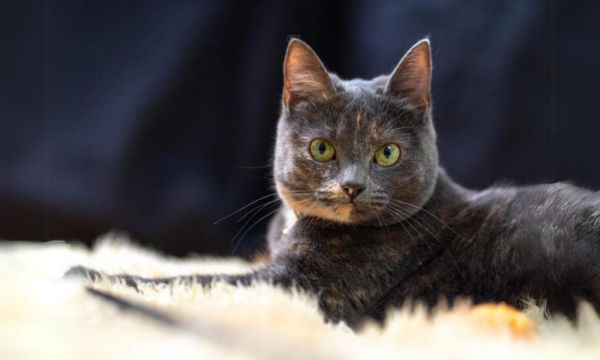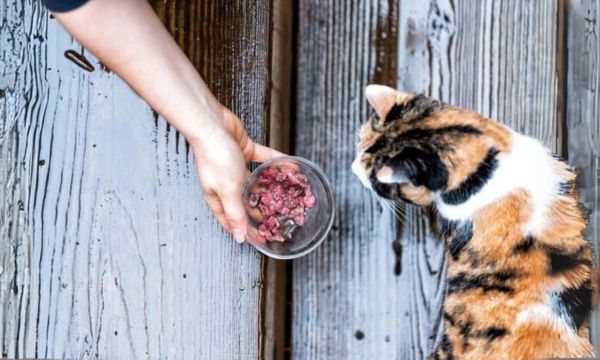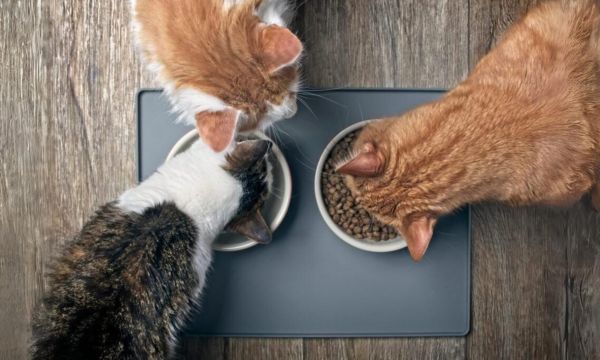As a responsible cat owner, keeping your feline friend well hydrated is critical to their overall health and well-being.
Just like humans, cats need enough water to maintain bodily functions, support organ health and prevent a range of potential health problems.
In this article, we take a closer look at the importance of water for cats and provide valuable insights into promoting healthy water habits in your beloved pet.
Understand the Importance of Hydration
Proper hydration is vital for cats as it helps maintain body temperature, facilitates digestion and delivers nutrients throughout the system.
Water also plays a vital role in flushing out toxins and waste from the body, promoting kidney health and preventing urinary tract problems.
Dehydration in cats can lead to a variety of complications, including urinary tract problems, kidney problems and, in severe cases, even organ failure.
Factors Affecting Hydration
Several factors can affect the amount of water your cat drinks:
- Diet: Cats on dry food generally need a larger amount of water than cats on wet food, because wet food contains a lot of water.
- Age and Health Concerns: Kittens, senior cats, and cats with certain medical conditions may have different hydration needs. Consult your veterinarian to determine the ideal water intake for your cat’s specific circumstances.
- Weather and activity level: Hot weather and increased physical activity can lead to panting and sweating, which leads to increased fluid loss. Make sure there is plenty of water available during this time.
Promotes Healthy Hydration Habits
Here are some effective ways to encourage your cat to drink more water:
- Fresh water supply: Always provide your cat with clean, fresh water. Cats are more likely to drink water that doesn’t have a stale or stagnant taste.
- Multiple water stations: Place water bowls in different areas of your home so your cat has easy access to water throughout the day.
- Interactive Water Source: Some cats are interested in running water. Consider investing in a water fountain for cats, as this exercise can encourage them to drink more water.
- Add wet food: If your cat’s diet allows, add wet food to meals. This will help with their overall water intake.
- Water-rich foods: Occasionally offer foods with a high water content, such as small pieces of cooked chicken or fish.
Recognize Signs of Dehydration
It’s important to be vigilant about your cat’s hydration status. Symptoms of dehydration include lethargy, sunken eyes, dry gums, and loss of skin elasticity.
If you suspect your cat is dehydrated, see a vet immediately.
The Role of Water in Preventing Health Problems
Proper hydration of cats can go a long way in preventing many of the health problems that cats commonly suffer from.
One of the main concerns is the occurrence of urinary tract problems, including urinary tract infections and bladder stones.
When cats are well hydrated, their urine becomes more diluted, reducing the chance of crystals forming in the urethra.
Well-hydrated cats are also less likely to suffer from constipation. The water helps soften stool and promotes regular bowel movements, minimizing discomfort for your furry friend.
It also helps prevent hairballs, as adequate hydration supports the digestive process and the passage of hair through the gastrointestinal tract.
Tips for Monitoring Hydration
Keeping track of your cat’s hydration levels is critical. You can do this:
- Monitor water consumption: Monitor how much water your cat drinks each day. Any sudden increase or decrease may indicate an underlying problem.
- Assess frequency of urination: pay attention to how often your cat urinates and how much urine is produced. Changes in frequency or volume may indicate a problem.
- Skin elasticity test: Gently pinch the skin at the back of the cat’s neck, then release. A well-hydrated cat’s skin should quickly return to its normal state. If it takes time or if it stays in the tent, it could be a sign of dehydration.
Conclusion
Keeping your cat well hydrated is an integral part of being a responsible pet owner.
By understanding the importance of water to your cat’s overall health, recognizing factors that affect hydration and being proactive about healthy water drinking habits, you can contribute to a happier and healthier life for your feline companion.
Remember, providing fresh water, providing wet food, using interactive water sources, and noticing any changes in behavior are steps to maintaining optimal hydration levels.
Through your dedication and care, you help your beloved cat live a full and prosperous life.
Frequently Asked Questions
1. How much water should my cat drink each day?
The amount of water your cat needs can vary depending on factors such as age, diet, health and activity level. On average, cats usually need about 3.5 to 4.5 ounces of water for every 5 pounds of body weight. Consult your vet for personal advice.
2. Is it normal for my cat to drink more water in certain seasons?
Yes, cats can drink more water in hot weather or when they are more active. Like humans, they need to stay hydrated to cope with increased water loss.
3. My cat likes running water. Should I invest in a cat water fountain?
Yes, cat water fountains can be a great investment. Cats are often drawn to the movement of water, and a fountain can encourage them to drink more water.
Be sure to clean the fountain regularly to keep the water fresh.
4. Are there any signs my cat may be dehydrated?
Yes, symptoms of dehydration in cats include lethargy, dry mouth and gums, sunken eyes and loss of skin elasticity. If you notice any of these symptoms, see your vet.
5. Can I add water to my cat’s food to hydrate it?
Yes, adding water to cats’ wet food can increase overall water intake. This is a good option, especially if your cat doesn’t drink enough water on its own.


